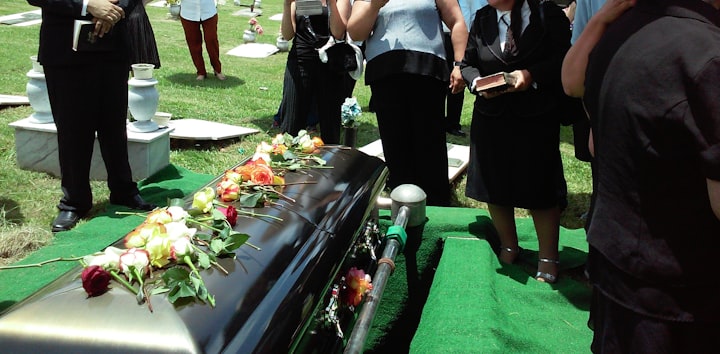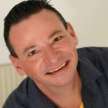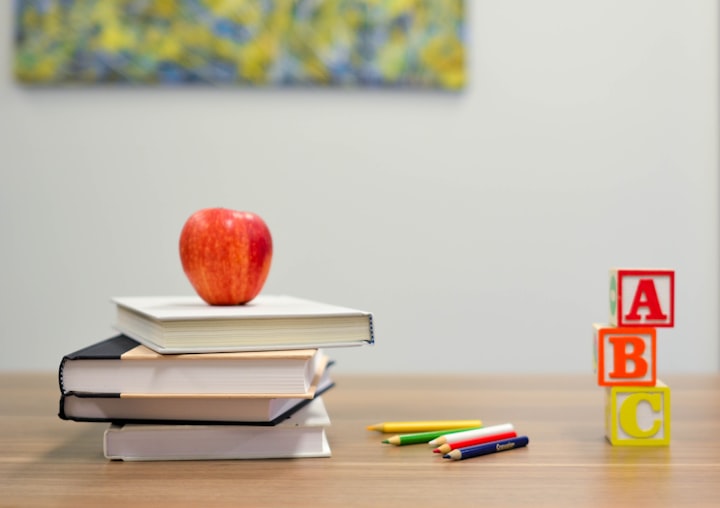When both your parents die, life hurts for a while
Writer experiences homelessness after death of second parent

An earlier version of this article appeared on News Break.
I never would have become homeless had one of my parents been living.
Most people would not allow homelessness to happen to their child. Part of being a parent means letting your offspring back into the nest during difficult times.
Of course, some parents disown their children. They could care less that they’re homeless.
But neither of my parents were like that. They both wanted me in their lives. They were disappointed when I moved to Los Angeles.
But I lost mom when I was 24. I lost dad at 45.
When your parents are gone, you become completely vulnerable.
According to a study by University of Texas researchers Debra Umberson and Meichu Chen, people who lose their parents are more likely to abuse alcohol and experience psychological distress.
The article appeared in American Sociological Review.
I drank heavily after my mom died. I tried to quit but couldn’t.
I quit many years later.
No replacement for a parent’s love
Nobody loves you like your parents. And you feel that void when both of them are gone.
Losing the first parent is bad enough. When you lose the first, you tend to focus on that relationship when grieving. When you lose them both, you begin to realize you’re an orphan. And you focus on that.
It’s not a good feeling, not even at 45, when I became an orphan. Not at 50, my age today.
I miss both my parents terribly. With them both gone, I miss each of them individually even worse.
I would have ended up homeless many years ago without my dad. I plunged into a deep depression when I returned to Illinois from Los Angeles.
I was so depressed I could not get out of bed, so I quit my job. Without dad paying my rent, I would have been on the street.
And he continued to pay my rent even after the depression lifted and I found work again. While he was saving my behind, I wasn’t learning anything about money management.
And by then I already was into my forties.
Spiraling into depression without center of my universe
I remember the first time I met my friend Scott. Somehow it got brought up that both his parents were dead. I wondered how terrible it must feel. It made me think about how I would feel when dad died.
When my dad died, it felt even worse than expected. My life centered around caring for my dad for many years. Not only did I lose a parent, but I also lost a friend, I lost a full-time job (caring for him) and eventually I lost my sanity.
I sold the house dad left me on a whim. I moved to Denver on a whim.
I blew through the proceeds of the house quickly. The next thing I knew, I was homeless. I was warming seats at Denver's Union Station all night long.
Life without both parents terrifying
For people spoiled as a child, being without your parents is terrifying. I spent most of my life knowing mom would die young. She had breast cancer when I was 9. My dad always said he was sick but never had a fatal diagnosis until later.
When my mom died, my dad stepped up. He was there for me anytime I would call day or night. If I needed $10, he gave it to me.
He gave it to me even when I didn’t need it. All that mattered was I wanted it. At times, our relationship was co-dependent. Both of us were lonely.
Dad lived vicariously through me near the end of his life. His last 15 years I saw him almost every day, usually twice a day. The first thing he wanted to hear every morning were my stories from the tavern the night before.
Dad was a big drinker in his younger years. I think he missed his younger days.
Why we teach our kids life skills
In theory, you raise your children so they won’t need you when you’re dead someday.
My parents never taught me money management. They gave me everything I asked for.
Believe me, I am not blaming them now for the fact I was a spoiled brat.
But I do think something in my upbringing caused me to not appreciate the value of the dollar.
I am learning now that I need to save for a rainy day when I can.
Age of most people when their parents die
Prior to the University of Texas research, most academic papers about orphans focused on children. According to the research, only one in 10 children has lost a parent by age 25. I was one of those 10 percent.
By age 54, half of children have lost both parents.
By age 62, 75 percent have lost both parents.
According to the 2014 U.S. Census Bureau statistics, the most recent available, fathers die earlier in their children’s lives than mothers. Among those ages 45 to 49, 26 percent have lost their mother, while 45 percent have lost their father.
I was in the minority group who lost their mother first.
Low-income people die sooner than wealthy people, according to the Census Bureau numbers.
L.A. Times reflects on ‘adult orphan’ status
A Los Angeles Times story about adult orphans reports that healthy grieving comes from mindfulness. “The adult intent on making the most of a parent’s loss should be willing to examine her parents’ emotional legacies carefully and consciously.
“Doing so (mental health therapist Jeanne Safer) argues, will better distinguish those parental legacies worth keeping – the ones that contribute to health and well-being – from those that no longer serve that end.”
Some people thrive when a parent dies. It is a time of great change. “They can anticipate many more years – in many cases decades – of active life,” the Times reported.
“But much of the hardest work is behind them. Their own children may be leaving the home or having children of their own; their careers have often peaked or are in a state of flux; retirement looms and new horizons beckon; and as their bodies age and relationships shift, their self-images are primed for transformation.”
My parents would be proud of me
I’d like to think that circumstances since both my parents have died, such as homelessness, have taught me I must be self sufficient. I think I am closer to the person they wished I could be than I was when they were living.
Much closer.
And this holds true in Safer’s research. Around seven years after a death, the bereaved begin to do much better.
My dad died more than six years ago.
“A lot of people change very deliberately,” Safer told the Times. “And sometimes unconsciously, they change in ways that they think their parents would admire, or to become more like the person their parent would want them to be.”
Both of my parents would want me writing and working on my journalism. They know it drives me. They would be excited for me now.
It feels good to say that and mean it. My parents didn’t teach me everything, but they at least taught me to stick with what makes me happy.
And they always said money can't buy happiness.
About the Creator
David Heitz
I am a journalist with more than 30 years' experience. Here at Vocal, I write mainly for Potent, Vocal's cannabis magazine. I have a PTSD diagnosis and a medical cannabis card. I have lived in a penthouse and also experienced homelessness.






Comments
There are no comments for this story
Be the first to respond and start the conversation.